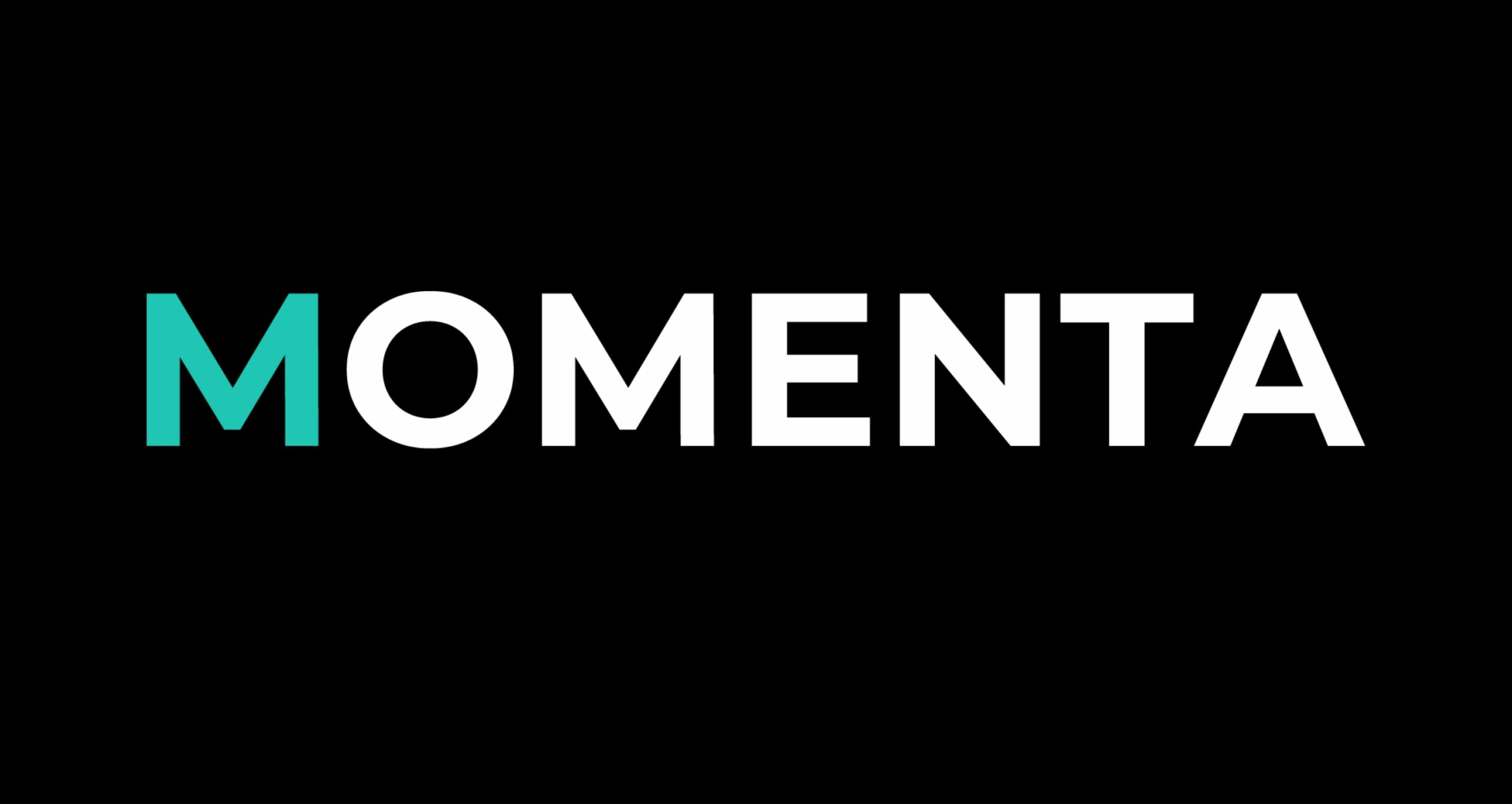Summary: What Will AML Tranche 2 Mean for Your Business
The Australian market is prone to criminal opportunities as the current AML/CTF regime is unaware of the market complexity. Lawmakers are voicing concerns and calling for the government to implement Tranche 2. A toothless governing body, overreliance on reporting, lack of transparency, and FATF non-compliance are the main weaknesses.
Financial institutions and non-financial organizations like lawyers, notaries, and other relevant legal professionals, accountants/accountancy firms, real estate agents, precious metals/stones dealers, and trust and company service providers must also comply with FATF rules.
DNFBPs need to know the rules and regulations of AML/CTF regulations to avoid various risks. Such compliance rules are not as sophisticated as they seem to be. For a true understanding, businesses should identify the myths about AML/CFT laws. For example, organizations should conduct risk analysis, identify risk assessment needs, review risk assessment, and check external changes.
Being one of the most criticized for ML/TF crimes, the Australian real estate market needs radical changes to prevent financial crimes. Criminals in Australia often pay in cash and conceal UBO by purchasing real estate. Possible compliance requirements from the industry are to make money through banking channels and identify the UBO in a transparent manner.
Lawyers and other legal professionals are increasingly at risk of criminal misuse due to many loopholes. The Australian Criminal Intelligence Commission (ACIC) reported that most of their investigations into criminal business models reveal the involvement of lawyers, accountants, and bankers, among other DNFBs. The AML/CFT regime is quite sensitive about legal professionals.
Corrupt accountants and cooked books help criminal people avoid legal and criminal proceedings, and that is why the accountancy profession is also vulnerable to different financial crimes, such as tax evasion and bogus payrolls. Accounting firms will be required to enroll with AUSTRAC and become part of a risk-based AML/CFT program besides conducting CDD and reporting suspicious activities.
High-value goods have the highest vulnerabilities to criminal misuse as they carry a lot of value in a small space and allow for anonymous buying/selling allowing criminals to avoid legal prosecutions, which are highly dependent on recorded transactions and centralized institutions. That is why dealers in such items need to conduct CDD, reasonable security measures, and risk-based procedures to stay safe.
In Australia, small businesses (especially arts & antiquities ones) are intimidated by regulatory burdens as per Transparency International. Four out of five businesses within the DNFBPs industries are small businesses (with yearly revenue between $300,000 and $600,000) that do not have the knowledge required to comply, and the compliance services cost is too high – typically $50-$500 per client or over $50,000 per year. The case study of HVDs and A&A businesses can be helpful for the Australian market.
AML/CTF regime has faced resistance from the DNFBP sector (especially from the legal, accountancy, and real estate firms). The legal experts do see the rationale behind AML/CFT rules, while the real estate and accountancy firms are concerned about the duplication of obligations due to the new AML/CFT rules. Various other DNFBP businesses are also complaining about the AML/CFT regime. Legal people have asked the government to make decisions based on evidence rather than theoretical risk.
Amid the AML/CFT discussion in Australia, organistions like Momenta Group are addressing the actually problems based on their over 30 years of experience with small and large organizations. A well-trained contingent workforce is an answer to prevalent compliance concerns. Momenta offer a reliable workforce to both large and small businesses at an affordable cost. We provide accredited industry specialists that hold in-depth knowledge about the constantly evolving demands of different industries.
This report aims at explaining what anti-money laundering Tranche 2 means for businesses based in Australia.
Read the full report here.
